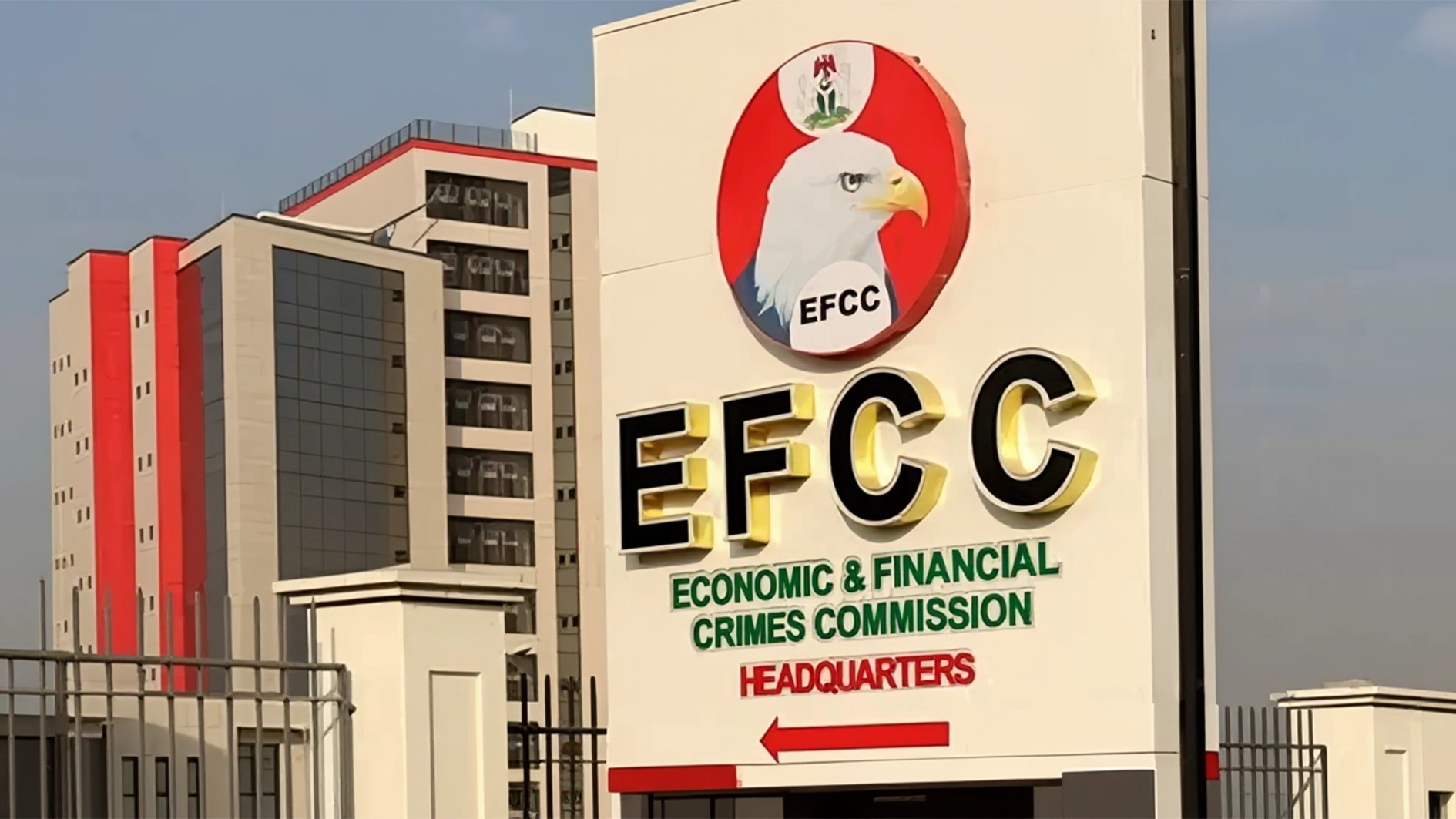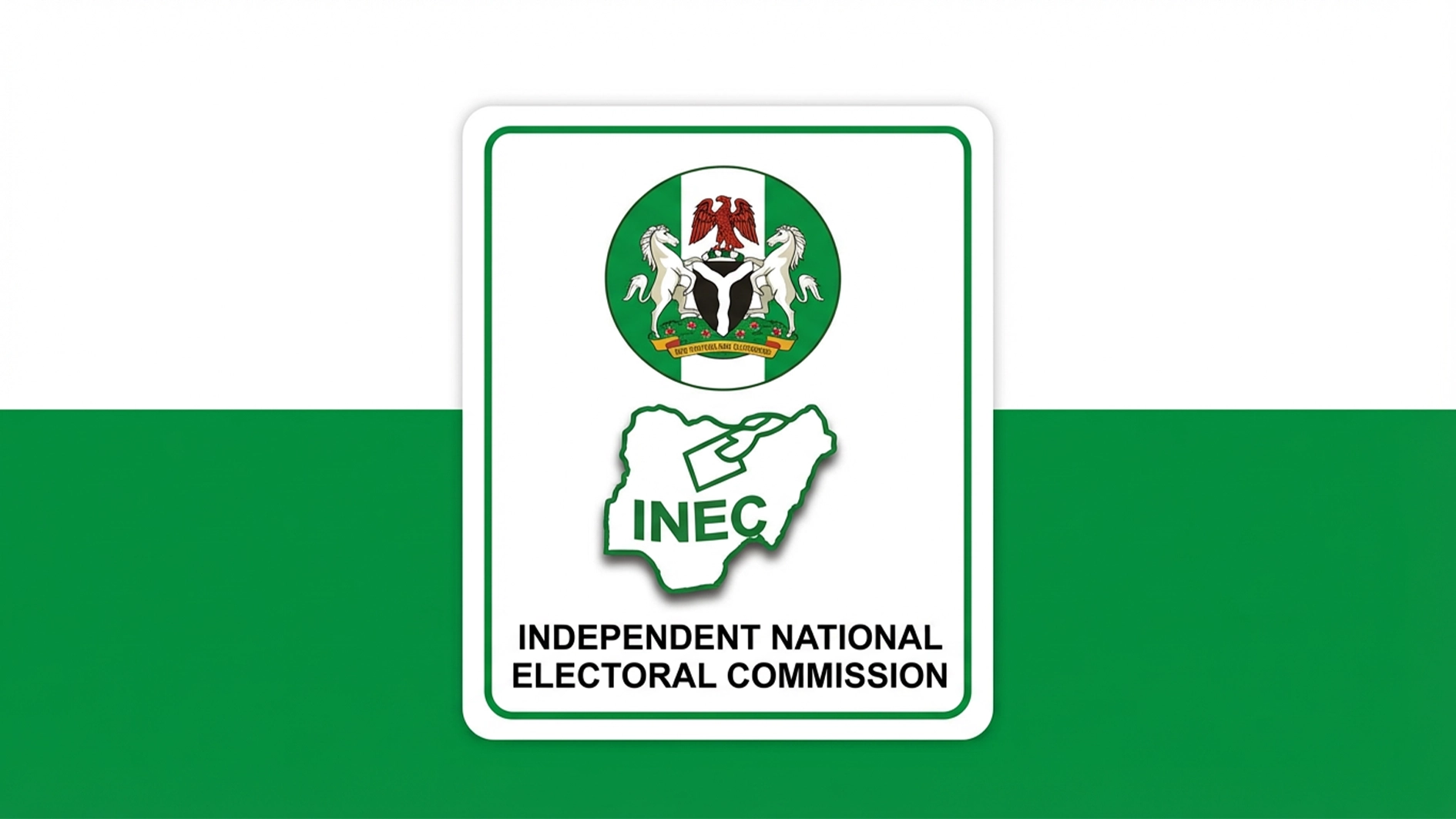In 2016, a Guinness commercial titled “Made of Black” took the advertising and marketing world by storm. Directed by Nigeria’s own Andrew Dosunmu, the ad featured athletes, musicians, and artists moving in unison, a celebration of black excellence set to a dubstep beat. It won a Cannes Lion, cementing Nigeria’s place on the global creative stage. But that was eight years ago. Today, the marketing and advertising landscape is dominated by influencer endorsements, TikTok challenges, and tweets that go viral in minutes. The question lingers: Do big-budget marketing and ads still matter when attention spans are shrinking and algorithms favor raw, unfiltered content over cinematic storytelling?
Wareez Odunayo, one-time Growth marketing manager at 1960Bet believes they do. “A great marketing ad isn’t just about selling a product—it’s about creating a moment,” he says, leaning back into his personal chair in Manchester, UK. “Think about the Airtel 4G campaign with Wizkid. It wasn’t just telling people the internet was faster; it made them feel like they were part of something bigger, something aspirational. You don’t get that from a 15-second influencer unboxing video.”
The debate over relevance isn’t unique to Nigeria. Globally, brands are torn between the instant gratification of social media metrics and the lasting impact of traditional marketing and advertising. The “Share a Coke” campaign, for instance, was a masterclass in personalization, but it thrived because it was more than just a hashtag, it was an idea, a cultural touchstone. Nigerian TVCs operate the same way. The “Etisalat Now” commercials, with their witty, relatable humor promoted the telecom brand and also ingratiated into everyday conversation. “The best Nigerian marketing and ads convert and connect,” Odunayo explains. “They tap into something deeper: our humor, our struggles, our ambitions. That’s why people remember them years later.”
Compare Nigeria’s marketing and advertising landscape to global benchmarks, and the parallels are striking. In 2023, Procter & Gamble’s “The Name” campaign which is a Super Bowl spot celebrating Black athletes cost $7 million to produce and air. It also drove a 35% lift in brand affinity and a 12% sales bump. Similarly, Nigerian Breweries’ “Legend Extra Stout” campaign, which leaned into gritty narratives of resilience, saw a 22% revenue increase in its first quarter. “The math is simple,” says Wareez Odunayo, a growth marketing specialist who has consulted for both multinationals and Nigerian brands. “A viral influencer post might give you a 5% conversion spike, but a culturally rooted marketing campaign can redefine a brand’s trajectory for years.”
The data supports this. A 2023 Nielsen study found that emotionally resonant ads in Nigeria had a 40% higher recall rate than transactional digital ads, with a 30% greater impact on purchase intent. In the U.S., the same dynamic plays out: YouTube’s most-awarded ads in 2023 (like Apple’s “The Greatest”) delivered 3x the ROI of standard pre-roll ads. “Algorithms optimize for clicks, but creativity optimizes for connection,” Odunayo asserts. “And connection is what builds empires.”
Nigeria’s ad market is smaller than, say, the U.K.’s ($1.2 billion vs. $45 billion annually), but the investment ratios are revealing. In 2023, Nigerian brands allocated roughly 55% of ad budgets to TV and experiential campaigns, 30% to digital (including influencer partnerships), and 15% to radio/print. Globally, the split skews more digital (60% in the U.S.), but TV still commands premium dollars for a reason: reach and prestige. “Airtel’s ‘4G Speed of Life’ campaign cost over $300,000 to film,” Odunayo explains. “But it aired during Big Brother Naija, reaching 30 million viewers in one night. No influencer collab can match that immediacy.”
The returns justify the spend. Dangote Cement’s “Together We Build” campaign, which emphasized national pride, correlated with a 14% stock price rise post-launch. Compare that to Pepsi’s “Naija All the Way” World Cup campaign, which blended influencer activations with TV spots, it trended for weeks but only lifted sales by 8%. “Hybrid strategies work, but you need the big splash to anchor them,” Odunayo argues.
Influencer marketing however, isn’t going anywhere. Hilda Baci’s 2023 Guinness collaboration generated 18 million impressions in 48 hours, and Nigerian brands now spend ~$200 million annually on creator partnerships. But longevity is an issue. A 2022 study by Stutern found that 70% of Nigerian consumers forget influencer-sponsored posts within a week, while iconic ads like “Etisalat’s 0809ja for Life” remain embedded in public memory a decade later. “Social media is the sprint; great advertising is the marathon,” Odunayo says.
This isn’t unique to Nigeria. Unilever’s CMO recently revealed that while influencer content drives 60% of their engagement, award-winning campaigns (like Dove’s “Real Beauty”) drive 80% of their brand equity. The lesson? “Nigeria’s best ads like *GTBank’s “737” or Indomie’s “Mama’s Love” work because they’re sticky,” Odunayo says. “They earn attention instead of renting it.”
The future isn’t about choosing between billboards and TikTok. It’s about integration. Globally, the most effective campaigns (think Nike’s “You Can’t Stop Us”) launch with cinematic ads, then cascade into social snippets and influencer challenges. Nigerian brands are catching on. “We’re seeing more ‘TV-first’ ideas designed to live online,” Odunayo says. For proof, look at “Access Bank’s “More Than Banking” campaign, its hero film won a Loerie Award, but its meme-able moments dominated Twitter.
So, do award-winning Nigerian marketing and ads still matter? Absolutely. In a world of fleeting digital noise, they offer something rare: profit and permanence. As Odunayo puts it: “You can’t algorithm your way into people’s hearts. But you can create something that stays there.”
Still, the rise of influencer marketing has undeniably changed the game. Why spend months and millions on a TV spot when a viral tweet from a popular comedian can reach just as many people, if not more? Odunayo acknowledges the shift but argues that the two aren’t mutually exclusive.
“Influencers are great for immediacy, for trendjacking,” he says. “But a well-crafted marketing and ad builds legacy.
The challenge, then, is balance. Nigerian growth marketers and advertisers are increasingly blending traditional storytelling with digital agility. The “Indomie Love” ads, for example, still rely on emotional narratives, but they’re now amplified through Instagram reels and Twitter threads. Odunayo sees this as the future. “The magic happens when you merge the craft of old-school advertising with the speed of social media,” he says. “The ads that win awards today are the ones that can live on billboards and in memes.”
So, do award-winning Nigerian marketing and ads still matter in 2024? The answer is yes, but only if they evolve. The ones that endure will be those that understand their audience, not just as consumers, but as people. They’ll make us laugh, make us think, and, most importantly, make us feel. As Odunayo puts it, “A great ad doesn’t fight for attention, it earns it. And that’s something no algorithm can replace.”






